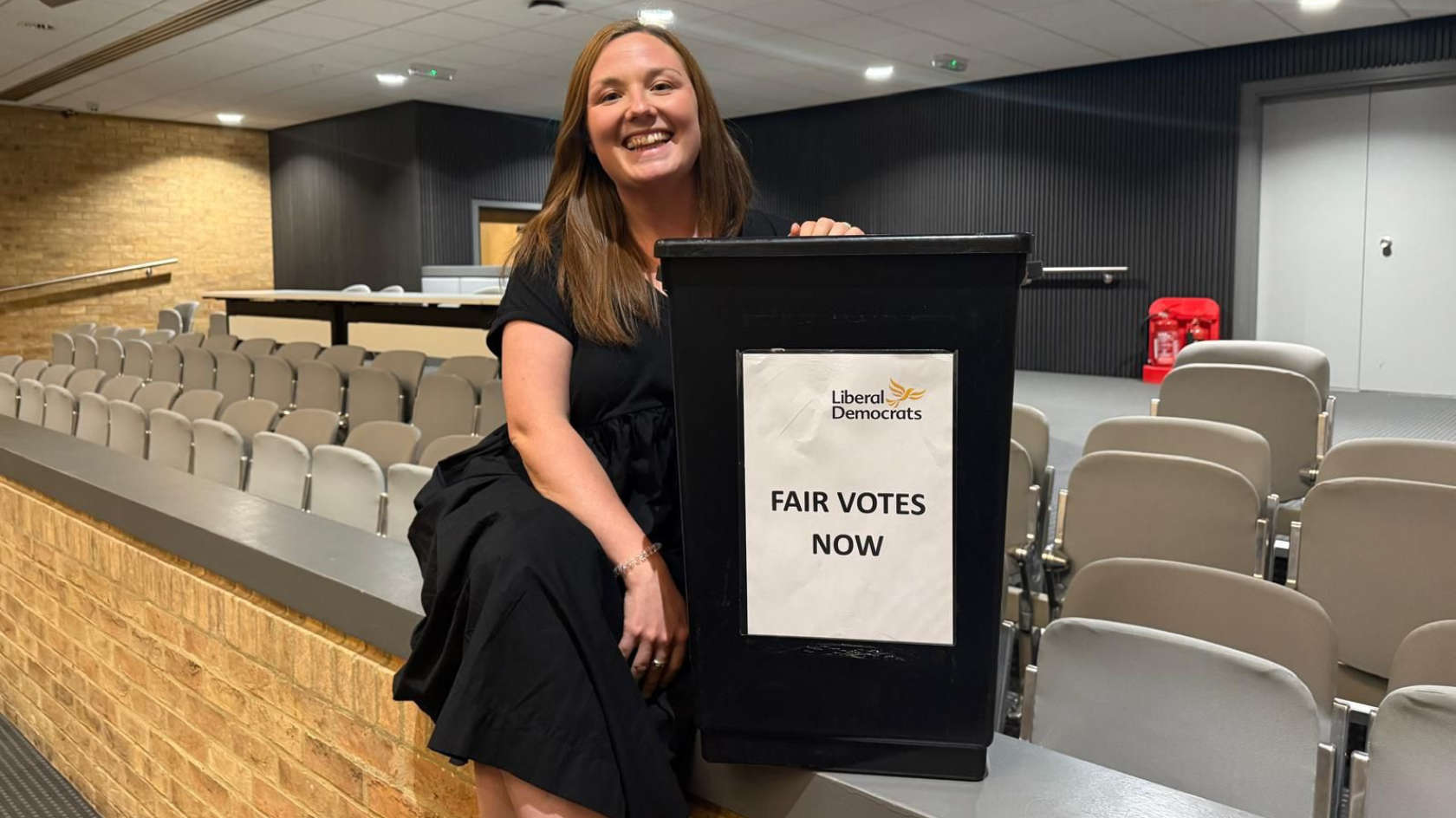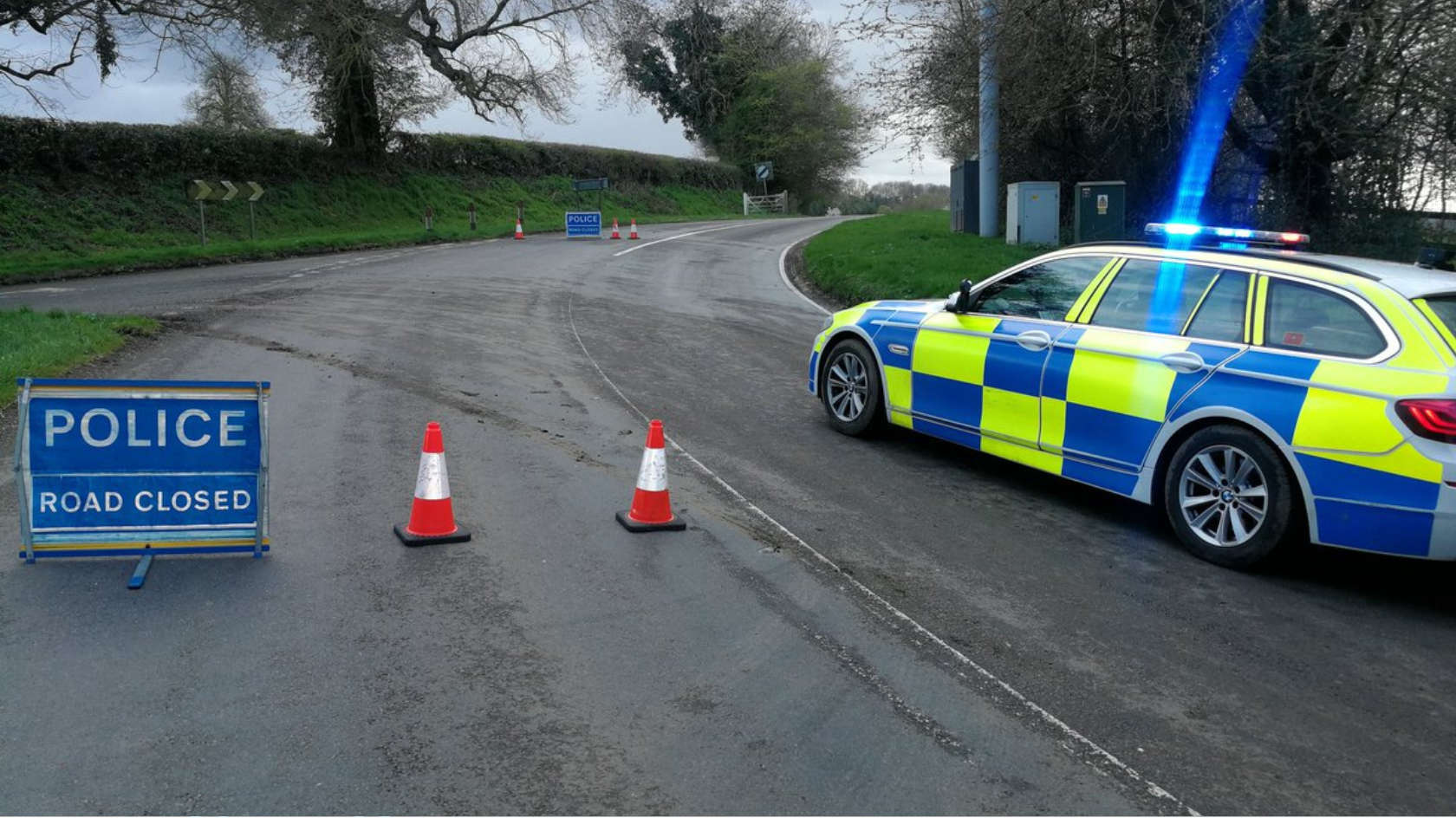A new treaty to govern international waters is "tantalisingly close" after countries - including Britain - promised to sign it into law.
The British government this week said it will introduce legislation by the end of the year to ratify the UN High Seas Treaty.
It would be the first legally binding agreement on protecting international waters, which make up nearly two-thirds of the world's oceans, but are largely lawless.
Campaigners say this makes them vulnerable to over-fishing, climate change and the threats of deep-sea mining and geo-engineering.
Hilde Heine, President of the Marshall Islands in the South Pacific, told Sky News the treaty is "long overdue".
The agreement is "essential for safeguarding the health and integrity of the global ocean commons - especially the high seas, which belong to no one nation but are the responsibility of all," she added.
It follows recent high profile calls to protect the common vital resource, including from Sir David Attenborough and Prince William.
The High Seas Treaty was agreed by 193 countries two years ago, but will not come into force unless 60 countries ratify it.
A surge in support during this week's UN Ocean Conference in Nice, France, brought the number of countries ratifying it to 50.
"The entry into force is within our sight," UN secretary general Antonio Guterres said on Tuesday. "We do not have a moment to lose."
He called the ocean the "lifeblood of our planet", which "feeds the soul".
"It produces half of the oxygen we breathe, nourishes billions of people, supports hundreds of millions of jobs, and underpins global trade."
Campaigners have called the high seas the "wild west" of the ocean as they are mostly ungoverned, and said a treaty could deliver protection at sea "on a scale we've never seen before".
Chris Thorne, Greenpeace UK oceans campaigner, said: "We're tantalisingly close to a huge moment for the planet."
Governments that ratify the treaty could be held accountable under their own jurisdictions and at an oceans tribunal, but it would be difficult to force other countries to follow the rules, even if they agreed to the treaty.
The drive comes as President Donald Trump pulls the United States and its money out of environmental projects, and as some European governments weaken green policy and overseas aid commitments.
President Heine said although "ratification by major countries like the United States remains outstanding", island states still believe the strength of the treaty lines "in the moral and legal precedent it sets".
The treaty also sets out how countries would share technology, newly discovered resources and funding.
It would mean decisions would have to be made collectively through negotiations, rather than by individual countries going it alone.
The UK government has previously been criticised by environmentalists for dragging its heels on ratification.
The Department for Environment Food and Rural Affairs (Defra) said the treaty would help conserve "rare, valuable and important marine life of the high seas", safeguarding them against unsustainable fishing and industrial activities.
During the conference, which finishes on Friday, the UK government also proposed to extend a ban on bottom trawling to more marine protected areas in English waters.

(c) Sky News 2025: UK backs UN treaty to stop oceans becoming the 'wild west'














